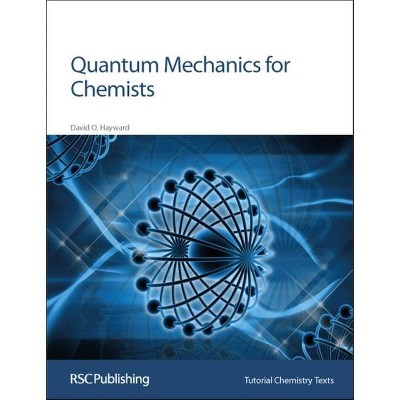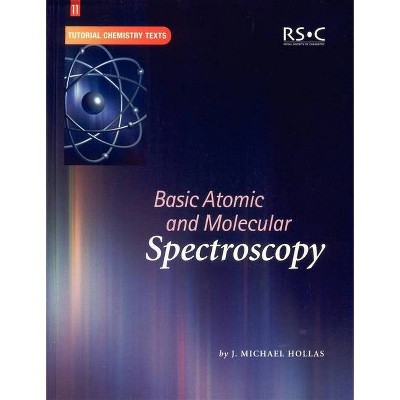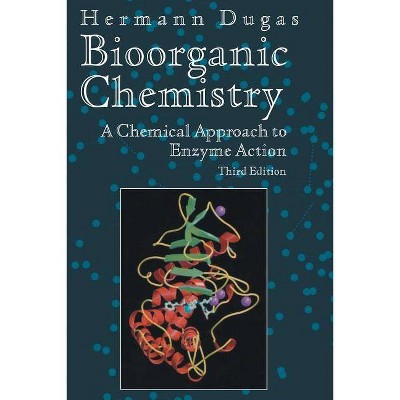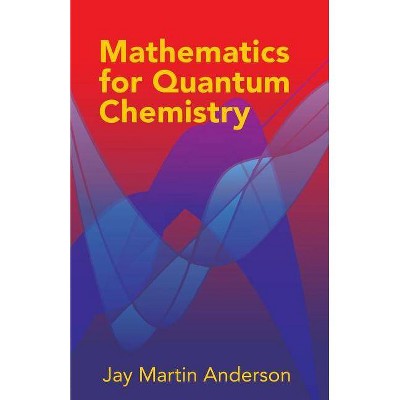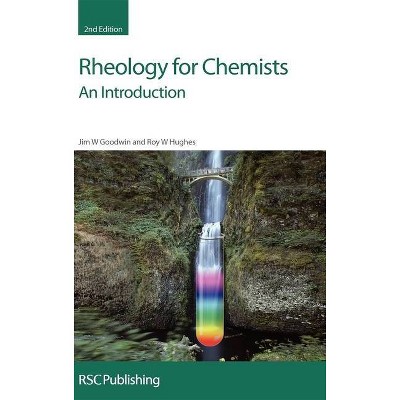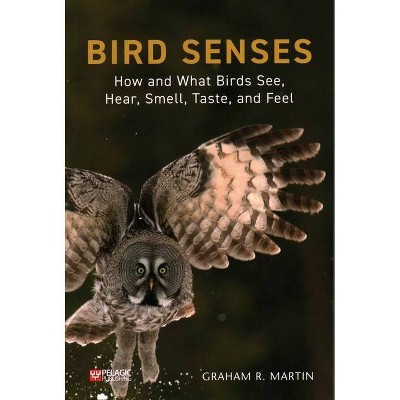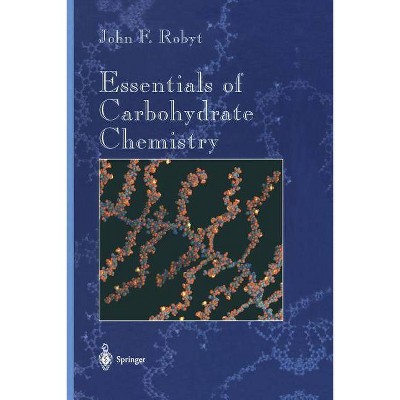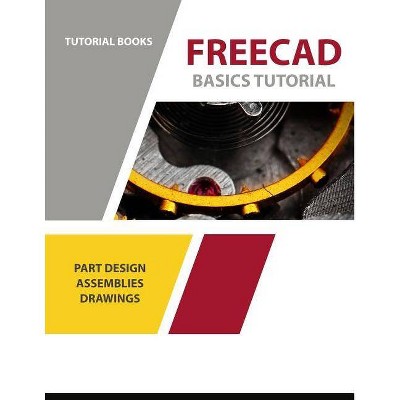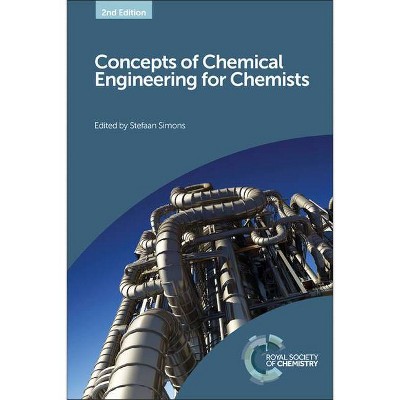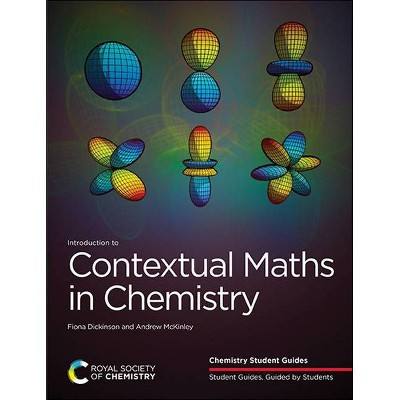Maths for Chemists - (Tutorial Chemistry Texts) 2nd Edition by Graham Doggett & Martin Cockett (Paperback)
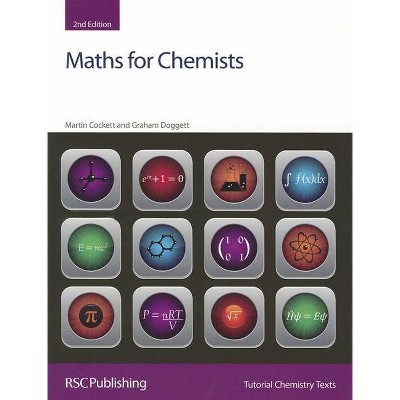
Similar Products
Products of same category from the store
AllProduct info
<p/><br></br><p><b> About the Book </b></p></br></br>A new edition of the combined Volumes I and II of the hugely successful "Tutorial Chemistry Texts: Maths for Chemists" provides an excellent resource for all undergraduate chemistry students.<p/><br></br><p><b> Book Synopsis </b></p></br></br>The two volumes of Maths for Chemists provide an excellent resource for all undergraduate chemistry students but are particularly focussed on the needs of students who may not have studied mathematics beyond GCSE level (or equivalent). The texts are introductory in nature and adopt a sympathetic approach for students who need support and understanding in working with the diverse mathematical tools required in a typical chemistry degree course. The early chapters of Maths for Chemists Volume I: Numbers, Functions and Calculus provide a succinct introduction to the important mathematical skills of algebraic manipulation, trigonometry, numbers, functions, units and the general grammar of maths. Later chapters build on these basic mathematical principles as a foundation for the development of differential and integral calculus. In spite of the introductory nature of this volume, some of the more important mathematical tools required in quantum chemistry are deliberately included, through a gradual introduction to, and development of, the concept of the eigenvalue problem. Ideal for the needs of undergraduate chemistry students, Tutorial Chemistry Texts is a major series consisting of short, single topic or modular texts concentrating on the fundamental areas of chemistry taught in undergraduate science courses. Each book provides a concise account of the basic principles underlying a given subject, embodying an independent-learning philosophy and including worked examples.<p/><br></br><p><b> From the Back Cover </b></p></br></br>This is a new edition of the combined Volumes I and II of the hugely successful Tutorial Chemistry Texts Maths for Chemists. The new edition will continue to provide an excellent resource for all undergraduate chemistry students particularly focussing on the needs of students who may not have studied mathematics beyond GCSE level (or equivalent). The text is introductory in nature and adopts a sympathetic approach for students who need support and understanding in working with the diverse mathematical tools required in a typical chemistry degree course. The topics covered include: power series, which are used to formulate alternative representations of functions and are important in model building in chemistry; complex numbers and complex functions, which appear in quantum chemistry, spectroscopy and crystallography; matrices and determinants used in the solution of sets of simultaneous linear equations and in the representation of geometrical transformations used to describe molecular symmetry characteristics; and vectors which allow the description of directional properties of molecules. New material includes a new chapter on Statistics and Error Analysis. Ideal for the needs of undergraduate chemistry students, Maths for Chemists is a comprehensive text consisting of short, single topic or modular texts concentrating on the fundamental areas of chemistry taught in undergraduate science courses. It provides a concise account of the basic principles underlying a given subject, embodying an independent-learning philosophy and including worked examples.<p/><br></br><p><b> Review Quotes </b></p></br></br><br>... The importance of mathematics in chemistry can not be under estimated; books aiming to show the many applications of the subject are always very welcome.<br><br>... Undergraduates in biochemistry and all branches of chemistry, particularly students with a limited background in maths, will find this book essential.<br><br>A useful addition to the resources available for teaching mathematics to chemists.<br><br>The mathematical ability of chemistry undergraduates continues to be an issue for many departments, so this new edition is a timely update to the resources available for both staff and students.<br><p/><br></br><p><b> About the Author </b></p></br></br>Martin Cockett is a Senior Lecturer at the University of York and has over 20 years experience in the application of laser spectroscopy and computational chemistry to the study of excited and ionic states of molecules and clusters in the gas phase. Following a Ph.D. at Southampton, he spent two years in Japan as a postdoc at the Institute for Molecular Science, during which time he established a track record in the application of the then new laser threshold ionisation technique, ZEKE spectroscopy, to the study of aromatic van der Waals complexes. He then spent three years at the University of Edinburgh, extending his interest in weak interactions to Rydberg and ionic states of small inorganic van der Waals complexes and applied ZEKE spectroscopy to the study of electronically excited states of small molecular ions. In 1996 he was appointed to a lectureship at the University of York where he has established a research track record in the experimental and theoretical study of non-covalent interactions. A great deal of his early teaching experience at York focussed on the coordination, development and delivery of the extensive in-house maths provision to Year 1 and 2 students. This experience at the front line of maths teaching to chemistry undergraduates helped shape his approach to the teaching of difficult core physical chemistry topics to undergraduate students. A key objective in this respect has been to motivate, engage and challenge the whole cohort, regardless of their mathematical abilities. Graham Doggett was for many years a key member of the academic staff in the Department of Chemistry at the University of York. His research interests lay in quantum chemistry, latterly focussing on the application of spin-coupled valence bond theory to electronic resonance states. Much of his teaching focussed on the development of the in-house mathematics provision within the Chemistry Department as well as in inorganic and physical chemistry. He retired in 2004 and now lives with his wife in Hertfordshire.
Price History
Price Archive shows prices from various stores, lets you see history and find the cheapest. There is no actual sale on the website. For all support, inquiry and suggestion messagescommunication@pricearchive.us
